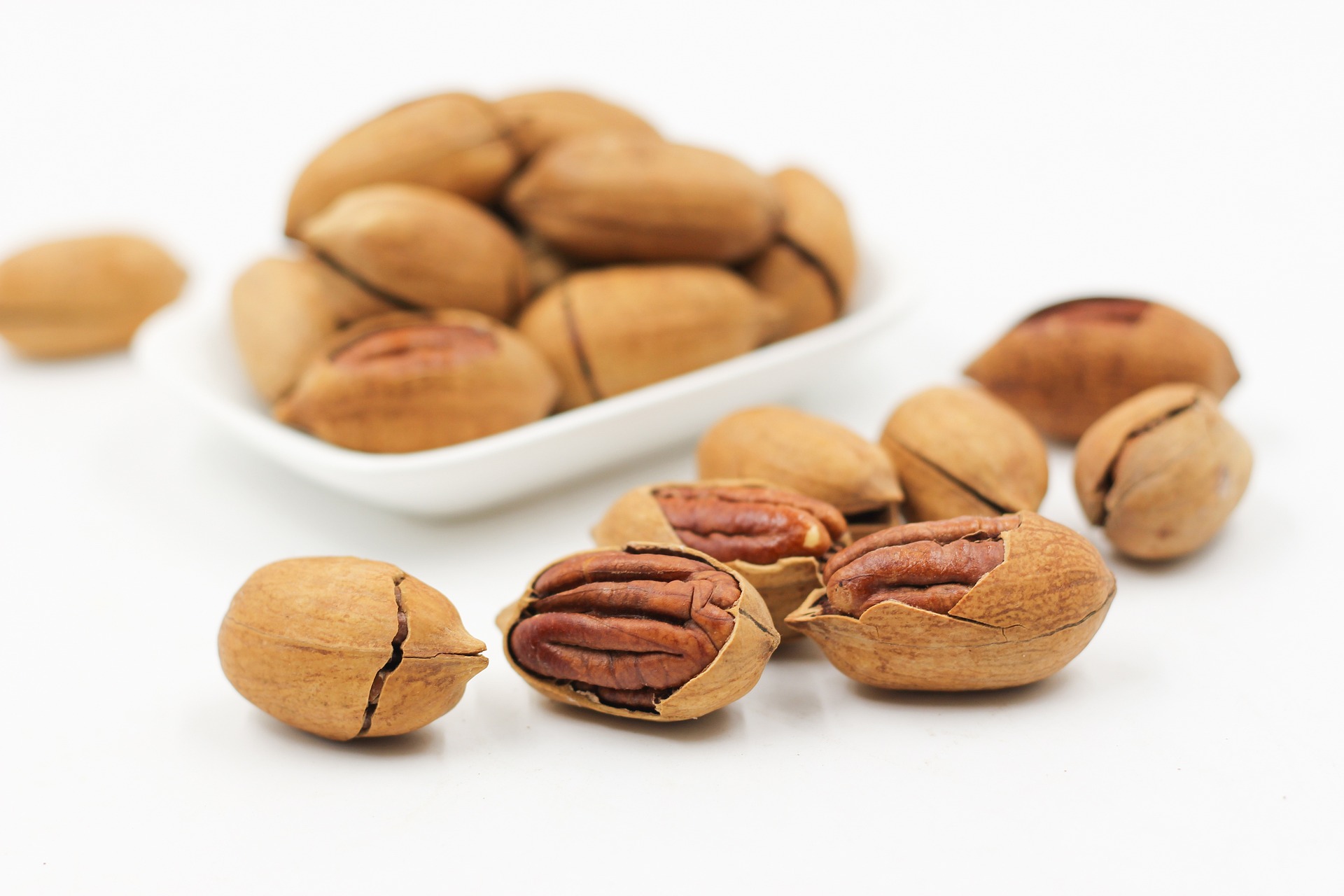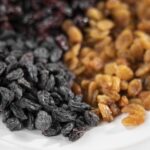History of pistachios:
Pistachio nuts were introduced in the Near East around 7000 years ago and are considered one of the oldest nuts in the world.
The largest pistachio harvest is in America, with pistachio trees predominantly planted in California since 1903.
In particular, Chinese people use pistachios in sweet recipes during festivals, as they believe pistachios bring happiness, a healthy life, and peace. In other words, the Chinese refer to pistachios as “Happy nut,” and they are the largest consumers of pistachios worldwide.
Similarly, Iranians also refer to pistachios as the “smiling nut.” You can also use it as a garnish for salads, soups, etc
In Russia, pistachios are mostly used during the summer season.
More sweet news for pistachios! Did you know that February 26th is World Pistachio Day?
Why Pistachios is so special?:
“Pistachios contain 557 calories per 100 grams. They also contain 27.97 grams of carbohydrates, 20.60 grams of protein (37% of the total weight), and 44.44 grams of fat (0.0% saturated fat). Additionally, they contain the following vitamins and minerals per 100 grams:
– Vitamin A: 553 IU
– Vitamin C: 5 mg
– Thiamin: 72.5%
– Sodium: 1 mg
– Potassium: 1,025 mg
– Calcium: 107 mg
– Iron: 4.15 mg
– Copper: 4.15 mg
– Magnesium: 4.15 mg
– Manganese: 1.2 mg
– Phosphorus: 376 mg
– Selenium: 7 mg
– Zinc: 2.20 mg
Overall, pistachios contain 30 varieties of vitamins, minerals, and proteins.”
Heart Health:
Over the last 50 years, pistachio consumption has been associated with a decrease in the percentage of people exhibiting symptoms of heart-related diseases, as pistachios help lower blood fat levels. Pistachio nuts are rich in omega-3 fatty acids, which help reduce cholesterol levels.
It can reduce bad cholesterol (LDL), improve good cholesterol (HDL), and act as a prebiotic to help good bacteria grow.
Reduce body weight:
Pistachios are nutrient-dense and have a low fat content, making them suitable for people watching their fat intake. Pistachios are low-carb nuts with 0% fat. People can eat 4-5 pistachios daily to help reduce harmful fatty acids in the body. improve digestive health and avoid the risk of gastrointestinal diseases.
Improve Eye sharpness:
Pistachios contain lutein and zeaxanthin, two antioxidants that are important for eye health. They protect your eyes from radiation and macular degeneration. Since we spend long periods of time in front of computer and mobile screens, light rays can directly damage our eyes. Eating 2-4 pistachios regularly can help to prevent eye damage.
Improves blood level sugar:
They also help prevent heart diseases, lower blood sugar and have been proven to have anti-cancer properties.
Research conducted at Torrando University shows that pistachios help regulate carbohydrate metabolism, improve blood circulation, and maintain blood sugar levels.
Antioxidants:
Regular consumption of pistachios has been linked to a reduced risk of cancer, according to the American Cancer Institute.
Pistachios have more antioxidants, which help protect cells from damage caused by free radicals and improve stress while supporting immune function.
Improves skin care:
Pistachios have a high content of antioxidants, which helps in preventing aging and maintaining beautiful and healthy skin. Vitamin E in pistachios prevents aging and nourishes the skin. Pistachio oil is used to prevent skin damage and contains phenolic compounds such as catechins, which protect the body from sun damage and help reduce fine lines and wrinkles.
Improves hair care:
Pistachios also improve hair care as they contain biotin, which helps repair damaged hair and maintain moisture. Additionally, they contain omega-3 fatty acids that improve the shine of the hair. Regular use of pistachio oil for hair helps prevent hair fall, damage, and promotes hair growth.


